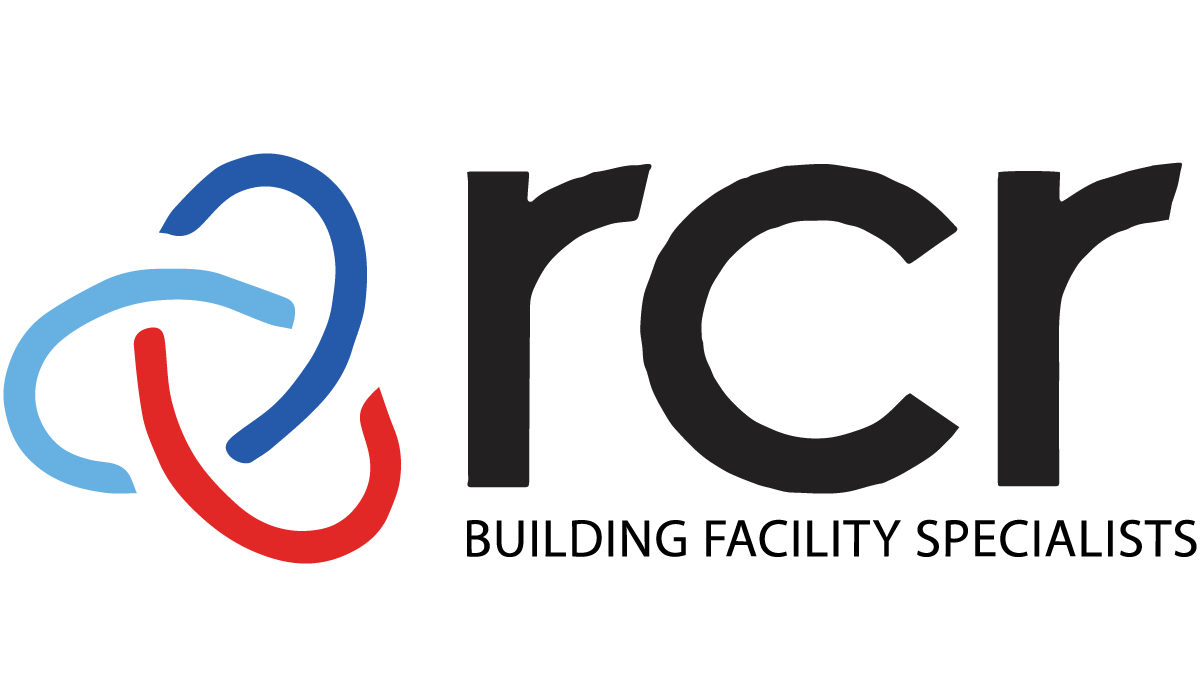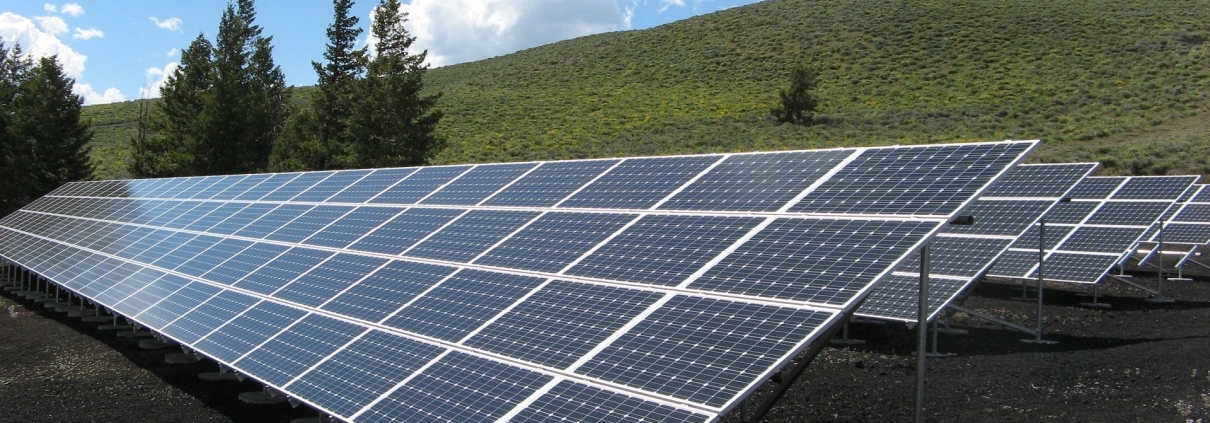How to get the right solar energy systems for your home
Thinking of investing in solar energy? If you’ve never looked into it before, a lot of the terminology is confusing and you may not know exactly what you need. This article is designed to give you the basics of how solar systems work, and the different types you can choose from.
Solar energy is a terrific way to keep energy costs low, and you’re also doing a great thing for the planet by reducing your reliance on fossil fuels. Solar energy also adds value to your home, and protects you against future rises in electricity prices.
Here’s what you need to know!
What size solar system do you need? kW explained
A kilowatt (kW) is a unit of measurement for energy. Solar packages are also usually described in terms of kilowatts (kW). When looked at in terms of solar installations, this is essentially the amount of energy your system can be expected to produce each hour during optimum conditions.
For example, a 6.6kW solar system has the capacity to generate 6.6kw of energy each hour. Depending on where you live, you should probably expect around 5 hours of peak solar producing time each day. Therefore, a 6.6kw system should produce around 33kW of energy each day.
This is important, because you can check previous energy bills for your daily usage. If your household uses 40-50kW a day, it’s an indication you should look for something bigger than a 6.6kW system.
Let’s look at the two main types of solar packages you can buy.
On-grid solar energy systems
On-grid means you’re still connected to the main electricity grid, so you’ll still get a power bill. However, your home is powered by free solar energy during the day, and you only pay for electricity at night or when the sun isn’t shining.
Without battery storage, solar energy must be used as it’s produced, which is why you still need to rely on the main electricity grid for certain times of day.
Off-grid solar
Off-grid solar includes a battery for solar energy storage. The cost of a battery is prohibitive to some; however, the savings can be significant. With a battery, any solar energy you generate during the day but don’t use is stored in the battery. So, in the evening, your home is still powered with free solar energy.
In most off-grid solar situations, you still remain connected to the main grid for the times that you haven’t generated and stored enough solar energy. So, there’s always a backup, but your power bills will be negligible.
Get the right advice with RCR
Installing a solar energy system in your home is an investment in the future. There’s an upfront cost, but most systems pay for themselves in approximately 3-4 years. After that, the savings are all yours. The team at RCR is here to help you make the smart choice for your family when it comes to solar installations. We’ll look at your current energy needs, the size of your home and we’ll tailor a package that’s perfect for you. Contact the team at RCR today and find out how you can slash energy bills with solar today.




